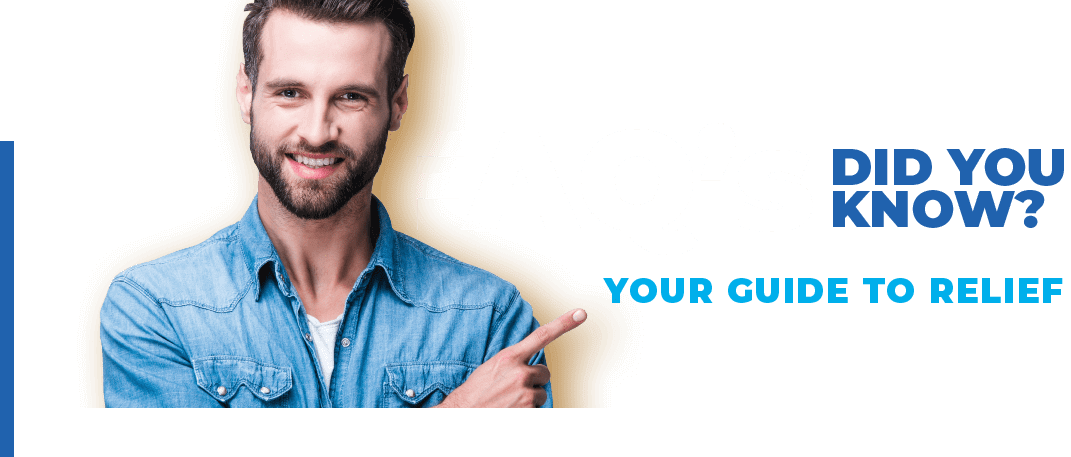


Heartburn is one of the most common symptoms of indigestion and reflux. It is a burning sensation that rises from your stomach or lower chest up towards your throat. Occasionally, it may feel like food is coming back up, and some people get an acid or bitter taste in the back of the mouth. Heartburn can last for several hours and is often worse after eating or when lying down.
- Anticholinergics (used for sea sickness).
- Beta-blockers for high blood pressure or heart disease.
alcium channel blockers for high blood pressure. - Dopamine-like drugs for Parkinson disease.
- Progestin for abnormal menstrual bleeding or birth control.
- Sedatives for anxiety or sleep problems (insomnia).
- Theophylline (for asthma or other lung diseases).
- Tricyclic antidepressants.
You should treat heartburn because reflux can damage the lining of your oesophagus. This can cause serious problems over time. Changing your habits can help prevent heartburn and other symptoms of GERD.
- Alcohol
- Caffeine
- Carbonated drinks
- Chocolate
- Citrus fruits and juices
- Peppermint and spearmint
- Spicy or fatty foods, full-fat dairy products
- Tomatoes and tomato sauces
- Avoid tight-fitting belts or clothes that are snug around the waist. These items can squeeze the stomach and may force food to reflux.
- Lose weight if you are overweight. Obesity increases pressure in the stomach. This pressure can push the stomach contents into the oesophagus. In some cases, GERD symptoms go away after an overweight person loses 10 to 15 pounds (4.5 to 6.75 kilograms).
- Sleep with your head raised about 6 inches (15 centimetres). Sleeping with the head higher than the stomach helps prevent digested food from backing up into the oesophagus. Place books, bricks, or blocks under the legs at the head of your bed. You can also use a wedge-shaped pillow under your mattress. Sleeping on extra pillows does NOT work well for relieving heartburn because you can slip off the pillows during the night.
- Stop smoking or using tobacco. Chemicals in cigarette smoke or tobacco products weaken the lower esopageal sphincter (LES).
- Reduce stress. Try yoga, tai chi, or meditation to help relax.
Get urgent medical care if:
- You vomit material that is bloody or looks like coffee grounds.
- Your stools are black (like tar) or maroon.
- You have a burning feeling and a squeezing, crushing, or pressure in your chest. Sometimes people who think they have heartburn have a heart attack.
Call your provider if:
- You have heartburn often, or it does not go away after a few weeks of self care.
- You lose weight that you did not want to lose.
- You have trouble swallowing (food feels stuck as it goes down).
- You have a cough or wheezing that does not go away.
- Your symptoms get worse with antacids, H2 blockers, or other treatments.
- You think one of your medicines may be causing heartburn. DO NOT change or stop taking your medicine on your own.
Indigestion (dyspepsia) is mild discomfort in the upper belly or abdomen. It often occurs during or right after eating. It may feel like:
- Heat, burning, or pain in the area between the navel and the lower part of the breastbone.
- Unpleasant fullness that starts soon after a meal begins or when the meal is over.
Often, indigestion is not a sign of a serious health problem unless it occurs with other symptoms. These may include:
- Bleeding
- Trouble swallowing
- Weight loss
Rarely, the discomfort of a heart attack is mistaken for indigestion.
- Drinking too many caffeinated beverages.
- Drinking too much alcohol.
- Eating spicy, fatty, or greasy foods.
- Overeating (overeating).
- Eating too fast.
- Eating high-fibre foods.
- Smoking or chewing tobacco.
- Stress or being nervous.
- Gallstones.
- Gastritis (when the lining of the stomach becomes inflamed or swollen).
- Swelling of the pancreas (pancreatitis).
- Peptic ulcers (stomach or intestinal ulcer).
- Use of certain medicines such as antibiotics, aspirin, and over-the-counter pain medicines (NSAIDs, such as ibuprofen or naproxen).
Changing the way you eat may help your symptoms. Steps you can take include:
- Allow enough time for meals.
- Avoid arguments during meals.
- Avoid excitement or exercise right after a meal.
- Chew food carefully and completely.
- Relax and get rest if indigestion is caused by stress.
- Avoid aspirin and other NSAIDs. If you must take them, do so on a full stomach.
Get medical help right away if your symptoms include jaw pain, chest pain, back pain, heavy sweating, anxiety, or a feeling of impending doom. These are possible heart attack symptoms.
Call your provider if:
- Your indigestion symptoms change noticeably.
- Your symptoms last longer than a few days.
- You have unexplained weight loss.
- You have sudden, severe abdominal pain.
- You have trouble swallowing.
- You have yellow colouring of the skin and eyes (jaundice).
- You vomit blood or pass blood in the stool.
An ulcer, or peptic ulcer, is an open sore or raw area in the stomach or intestine lining. There are two types of peptic ulcers:
- Gastric ulcer – occurs in the stomach.
- Duodenal ulcer – occurs in the first part of the small intestine.
Normally, the stomach lining and small intestines can protect itself against strong stomach acids. But if the lining breaks down, the result may be:
- Swollen and inflamed tissue (gastritis)
- A peptic ulcer
Most peptic ulcers occur in the first layer of the inner lining. A hole in the stomach or duodenum is called a perforation. This is a medical emergency.
The most common cause of peptic ulcers is infection of the stomach by bacteria called Helicobacter Pylori (H. Pylori). Most people with peptic ulcers have these bacteria living in their digestive tract. Yet, many people who have these bacteria in their stomachs do not develop a peptic ulcer.
The following factors raise your risk for peptic ulcers:
- Drinking too much alcohol.
- Regular use of aspirin, ibuprofen, naproxen, or other nonsteroidal anti inflammatory drugs (NSAIDs).
- Smoking cigarettes or chewing tobacco.
- Being very ill, such as being on a breathing machine.
- Radiation treatments.
- Stress.
Your health care provider will recommend medicines to heal your peptic ulcer and prevent a relapse. The medicines will:
- Kill the H. Pylori bacteria, if present.
- Reduce acid levels in the stomach. These include H2 blockers such as ranitidine (Zantac) or a proton pump inhibitor (PPI) such as pantoprazole.
Take all of your medicines as you have been told. Other changes in your lifestyle can also help.
If you have a peptic ulcer with an H. Pylori infection, the standard treatment uses different combinations of the following medicines for 7 to 14 days:
- Two different antibiotics to kill H. Pylori.
- PPIs such as omeprazole (Prilosec), lansoprazole (Prevacid), or esomeprazole (Nexium).
- Bismuth (the main ingredient in Pepto-Bismol) may be added to help kill the bacteria.
You will likely need to take a PPI for 8 weeks if:
- You have a peptic ulcer without an H. Pylori infection.
- Your peptic ulcer is caused by taking aspirin or NSAIDs.
Your provider may also prescribe this type of medicine regularly if you continue taking aspirin or NSAIDs for other health conditions.
If a peptic ulcer bleeds a lot, an EGD may be needed to stop the bleeding. Methods used to stop the bleeding include:
- Injecting medicine in the peptic ulcer.
- Applying metal clips or heat therapy to the peptic ulcer.
Surgery may be needed if:
- Bleeding cannot be stopped with an EGD.
- The peptic ulcer has caused a tear.
